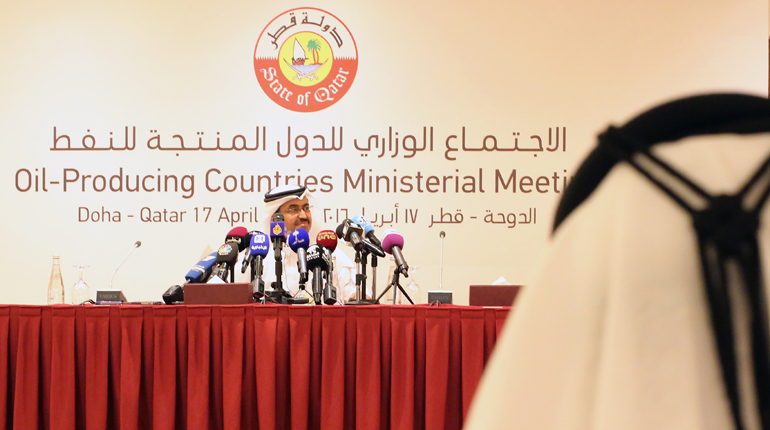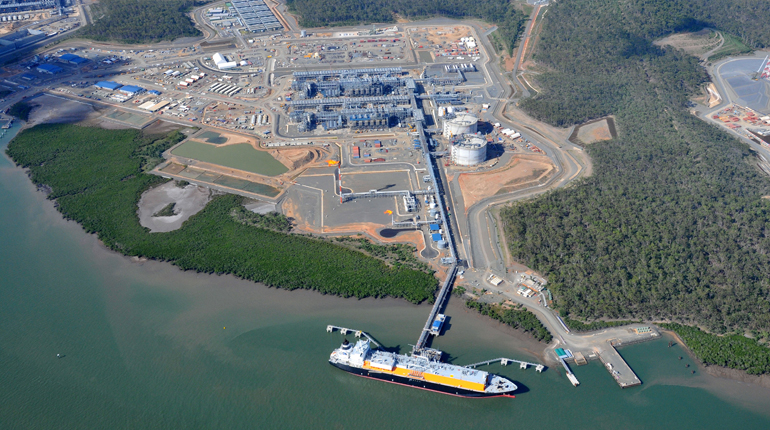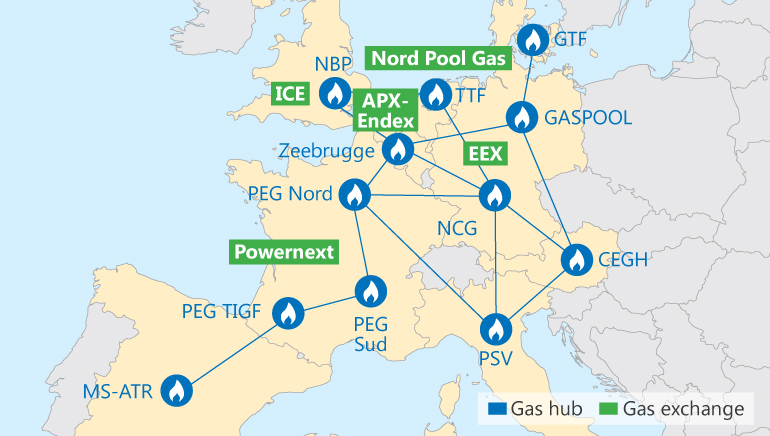Doha fiasco reflects geopolitical tensions
 Mohammed bin Saleh al-Sada, Qatar's energy and industry minister, addresses journalists at the end of a summit in Doha, Qatar, on Sunday, 17 April 2016. (PA)
Mohammed bin Saleh al-Sada, Qatar's energy and industry minister, addresses journalists at the end of a summit in Doha, Qatar, on Sunday, 17 April 2016. (PA)
The term Mutually Assured Destruction (MAD) refers to a strategy in which, if a conflict occurs, both the attacker and the defender are destroyed. While the term originated during the Cold War, MAD springs to mind in the context of Saudi Arabia’s refusal to sign an agreement at a meeting in Doha last weekend to freeze crude oil production.
The draft agreement that was supposed to have been signed in Doha had envisaged a freeze on crude oil production until the end of September, which would have been followed by a meeting in Russia in October to review how the oil market had responded. This would have limited output by the signatories to the average daily volumes recorded in January.



